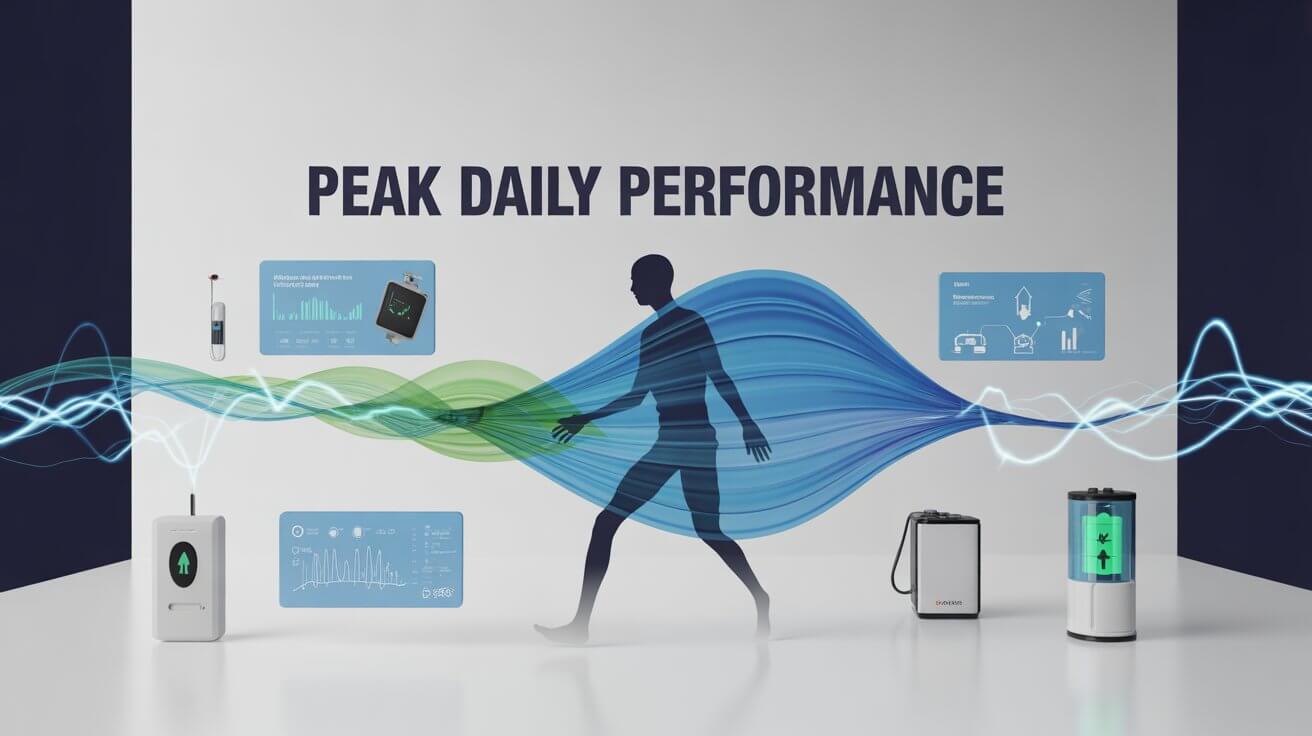Setting and achieving goals effectively is crucial for personal and professional success. In 2025, AI-assisted goal setting tools help individuals define, track, and achieve ambitions efficiently. This article explores strategies and technologies for leveraging AI to reach objectives faster and with greater consistency.
1. Understanding AI-Assisted Goal Setting
AI evaluates personal preferences, past achievements, and performance trends to recommend realistic and ambitious goals. By aligning goals with individual capabilities and aspirations, AI increases the likelihood of success.

2. Personalized Goal Recommendations
AI provides tailored goal suggestions based on user data, including career, fitness, learning, and lifestyle objectives. Personalized recommendations help users focus on meaningful goals aligned with their long-term vision.
3. Setting SMART and Achievable Targets
AI assists in creating SMART (Specific, Measurable, Achievable, Relevant, Time-bound) goals. Structuring objectives this way ensures clarity, accountability, and measurable progress.

4. Real-Time Tracking and Feedback
AI monitors progress and provides real-time feedback, identifying areas of improvement and suggesting adjustments. Timely insights allow users to stay on track and adapt strategies when needed.
5. Motivation and Accountability
AI offers motivational prompts, reminders, and progress visualization. By maintaining engagement and accountability, AI helps users overcome obstacles and persist toward achieving goals.

6. Adaptive Strategies for Goal Achievement
AI adjusts goals, timelines, and recommended actions based on performance trends and external factors. Adaptive strategies ensure goals remain realistic, relevant, and achievable over time.
7. Collaborative Goal Management
AI facilitates team and group goal alignment by coordinating tasks, deadlines, and shared objectives. Collaborative goal management enhances accountability, synergy, and overall efficiency.

8. Integrating Goal Setting with Daily Routines
AI links goals with daily tasks and habits, ensuring consistent progress. By embedding goal-related actions into routines, users maintain momentum and achieve results faster.
9. Overcoming Challenges and Obstacles
AI identifies potential challenges and provides strategies to overcome them. This proactive approach prevents setbacks and maintains continuous forward progress.

10. The Future of AI in Goal Achievement
Future AI systems will integrate predictive analytics, behavioral modeling, and immersive interfaces to provide highly personalized goal achievement pathways. Users will experience enhanced efficiency, clarity, and motivation in reaching personal and professional ambitions.
Conclusion
AI-assisted goal setting in 2025 empowers individuals to achieve ambitions efficiently and consistently. Through personalized recommendations, SMART goal structuring, real-time tracking, adaptive strategies, and motivational support, AI ensures users remain focused, accountable, and successful. Leveraging AI for goal achievement provides clarity, direction, and a higher probability of reaching objectives.

